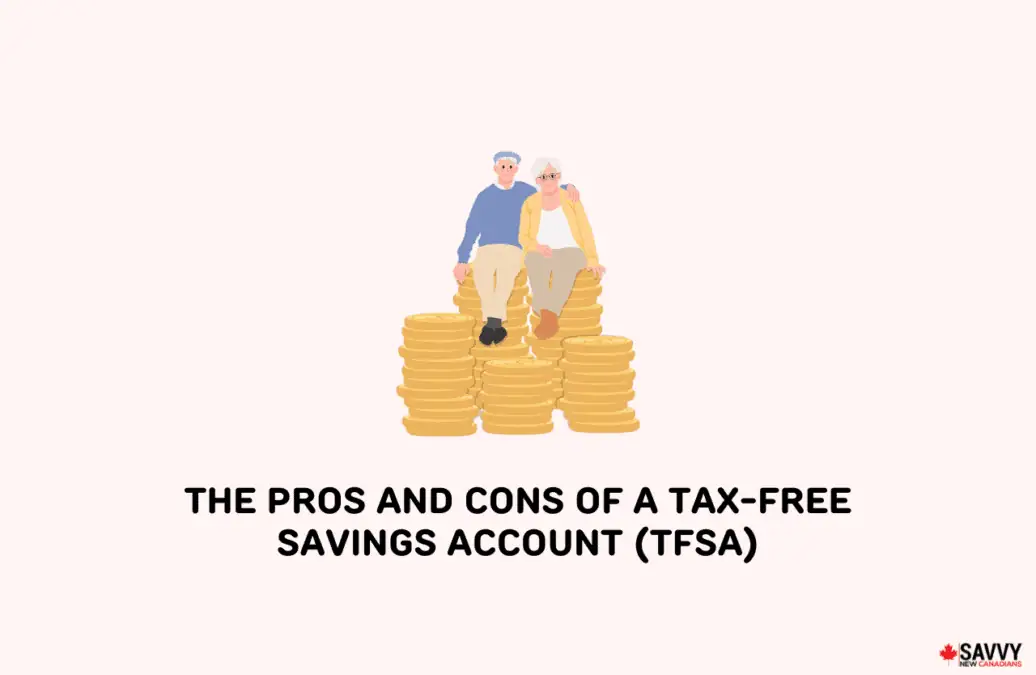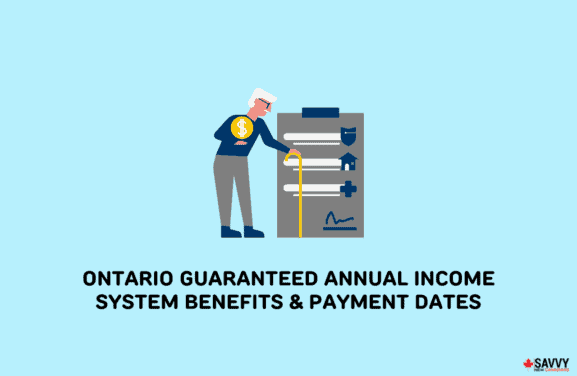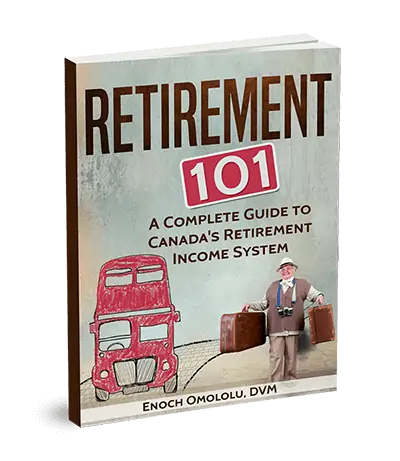The TFSA, or Tax-Free Savings Account, is a Canadian investment account introduced in 2009. As its name suggests, any dividends, capital gains, or interest earned are tax-free.
Originally, the TFSA was introduced to help Canadians save throughout the high-earning part of their lives. While the RRSP was and remains a popular way to save for retirement, the TFSA adds another layer of flexibility for long-term investing in Canada.
TFSAs have grown to be an essential way to both save and invest for Canadians. The lifetime contribution limit for the TFSA now sits at a staggering CAD 88,000.
Those who have been investing the maximum contribution every year since 2009 are reaping the rewards of the non-taxable account.
In this article, we will discuss the pros and cons of the TFSA and determine whether or not it is worth investing in one in 2024.
How do TFSAs Work?
Don’t be fooled by the TFSA being called a savings account; you can own most investment assets in it. This includes stocks, mutual funds, ETFs, bonds, and GICs.
The TFSA is still a registered account which means that there are strict guidelines that the Federal Government enforces. While the rules for the TFSA are certainly looser than with other registered accounts, there is still a penalty for over-contributing.
Just because it is a Canadian investment account, it doesn’t mean you can’t buy foreign stocks. Feel free to invest in any American stock trade on the major exchanges. One caveat is that the IRS will charge you a 15% withholding tax on US dividends earned in your TFSA.
Every year the Canadian Government Sets the contribution limit for the year. These contributions are indexed to inflation and rounded to the nearest $500 increment. Over the years, the contribution limits have ranged from $5,000 to as much as $10,000 in 2015. In 2023, the contribution limit has been set at $6,500.
To qualify for a TFSA, you need to be 18 years of age with a valid Social Insurance Number. As long as you meet these two qualifications, you can open a TFSA from anywhere, even if you live abroad.
Advantages of TFSAs
TFSAs Are Truly Tax-Free
The TFSA is very much like the Roth IRA in the United States. Any Canadian dividends or capital gains are tax-free, but contributions are not tax-deductible like with a Registered Retirement Savings Plan. Deposits and withdrawals are also not taxed, unlike other registered Canadian investment accounts.
The true value of the TFSA is completely tax-free long-term investing. With an RRSP, taxes are just deferred until withdrawal. You still have to pay those taxes when you withdraw your funds or move them to an RRIF and cash them out from there.
With a TFSA, there are no penalties for early withdrawals. It gives you the flexibility of a savings account with the long-term compounding of an investment account.
Contributions Are Rolled Over and Retroactive
We already mentioned that the lifetime contribution limit of a TFSA is $88,000 in 2023. If you have been eligible since the program was launched in 2009 and haven’t contributed, you can invest up to $88,000 immediately.
It also means that if you cannot contribute in some years, you can make up for that in future years.
The TFSA Has No Age Limits
With an RRSP, you can contribute each year until you turn 71, at which point you have to start withdrawing your funds. Of course, you are taxed on these funds, but it is presumed that you will be in a lower income tax bracket by that age, so there will not be as much of an impact.
But with a TFSA, you can continue contributing well into your 70s or 80s. For the current generation of Canadian investors, they could have a significant nest egg saved up if they invested in their TFSA each year since 2009.
TFSAs Benefit Every Canadian
Many Canadians who earn a lower income cannot maximize the tax deductions from RRSP contributions. With a TFSA, every Canadian can benefit from tax-free investment growth no matter how much they earn while working.

Disadvantages of TFSAs
TFSA Contributions Are Not Tax Deductible
It is a minor gripe, but that is one advantage of contributing to an RRSP. With a TFSA, contributions are not tax-deductible, so even if you max out your contribution, it does not reduce your taxable income.
The Name is Misleading
You might be surprised at how many Canadians do not understand the true value of the TFSA. Because it has Savings Account in its name, some do not take full advantage of investing in their TFSA. Perhaps Tax-Free Investing Account (TFIA) would have been a better title!
TFSAs vs RRSPs
The TFSA and RRSP are the two main retirement accounts every Canadian adult can access. Their major differences are as follows:
- RRSP contributions are tax deductible each year
- RRSPs need to be cashed out or transferred to an RRIF at age 71
- RRSP capital gains and dividends are tax-deferred, not tax-free
- Your previous year’s earned income sets the RRSP contribution limit
- RRSPs are protected from creditors, and TFSAs are not
- Early withdrawals from an RRSP are taxed
- RRSPs have a spousal plan, and TFSAs do not
TFSAs vs Savings Accounts
Despite being called a savings account, the TFSA has noticeable benefits over a regular savings account.
TFSAs typically offer a higher interest rate, and any interest earned is tax-free. In a savings account, any interest earned is taxable as income.
Of course, with a TFSA, you are capped by the lifetime contribution limit. There is no such limit for a traditional savings account.
Finally, with a savings or chequing account, you can directly spend money using a debit card. A TFSA cannot be spent to directly pay for goods or services at a merchant or website.
Related: TFSA vs Savings Account.
Is a TFSA Worth It?
Absolutely. It is one of the most powerful investing tools you can utilize as a Canadian investor. Starting in 2009, it has provided tax-free compounding that can be left to grow for years or even decades.
It has much more flexibility than an RRSP, with the only shortcomings being the low contribution limits. For long-term Canadian investors, maxing out your TFSA should be a yearly financial goal.
FAQs
It is better to keep your money in a TFSA without a doubt. Instead of sitting on a large sum of money in your savings account, max out your TFSA as much as possible. Any interest earned in a savings account is taxable income, while it is tax-free in a TFSA.
Yes! You can add and withdraw funds from a TFSA freely. There is no tax imposed on early withdrawals from a TFSA.
Anything is possible! The current lifetime contribution limit is $88,000, so it might take quite a few years of smart investing for you to get to $1 million.
Nothing! One of the great things about the TFSA is there is no upper age limit. You can continue to contribute to your TFSA well after the age of 71.
No, any withdrawals you make from a TFSA are completely tax-free!
Related: Best TFSA Investments.





